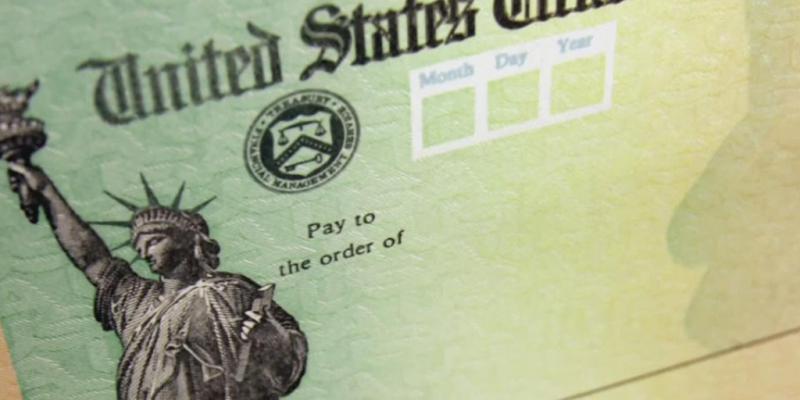Ten Republican Senators met with President Joe Biden Monday to discuss an alternative stimulus package. They announced their $618 billion COVID relief package earlier in the day, countering the president’s $1.9 trillion plan.
Their letter states, “In the spirit of bipartisanship and unity, we have developed a COVID-19 relief framework that builds on prior COVID assistance laws, all of which passed with bipartisan support. Our proposal reflects many of your stated priorities, and with your support, we believe that this plan could be approved quickly by Congress with bipartisan support.”
Part of Biden’s proposal includes allocating an additional $160 billion for vaccines and testing, $170 billion for schools and universities, another round of $1,400 individual stimulus checks for some low- and middle-income earners, and a long list of spending unrelated to the pandemic, critics argue.
The Republican plan allocates $160 billion for COVID response efforts, including $50 billion for a “massive expansion of testing,” $30 billion for a disaster relief fund, and $20 billion for a national vaccination program. It also extends the additional federal $300 weekly unemployment insurance payments until June 30, costing taxpayers $130 billion. Biden’s plan would extend additional federal $400 unemployment aid through September.
Instead of Biden’s $1,400 stimulus payments, Republicans proposed another round of $1,000 checks, costing taxpayers $220 billion, but with income caps. Individuals making less than $40,000 would receive $1,000, with the amount tapering off for those who earned between $40,000 and $50,000.
Couples filing jointly would receive $2,000, with the amount tapering off for those who earned between $80,000 and $100,000. An additional $500 would be paid for every dependent child and adult. The direct payment amounts are based on income reported on 2019 tax returns.
The Republican plan allocates $50 billion to small businesses, including another round of $40 billion directed to the Paycheck Protection Program, and $10 billion for an economic injury disaster loan facility. It also proposes $20 billion in childcare grants and $20 billion to reopen schools.
The GOP package extends expanded SNAP benefits through September at a cost of $3 billion, among other measures.
It excludes additional federal funds allocated to state and local governments and increasing the federal minimum wage to $15 an hour, both of which are included in Biden’s proposal.
The 10 senators are Susan Collins from Maine, Lisa Murkowski from Alaska, Bill Cassidy from Louisiana, Mitt Romney from Utah, Rob Portman from Ohio, Shelley Moore Capito from West Virginia, Todd Young from Indiana, Jerry Moran from Kansas, Mike Rounds from South Dakota, and Thom Tillis from North Carolina.
Advertisement
Advertisement

